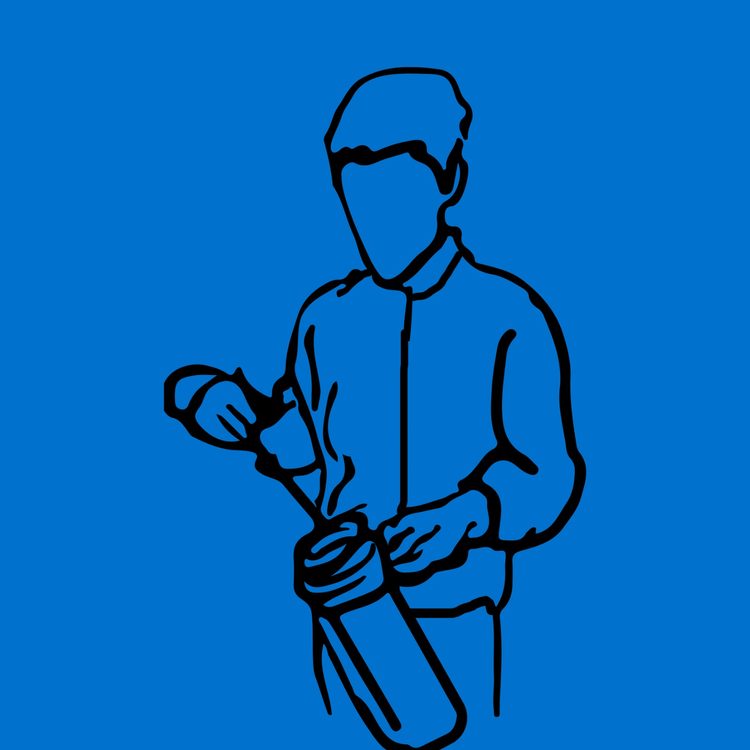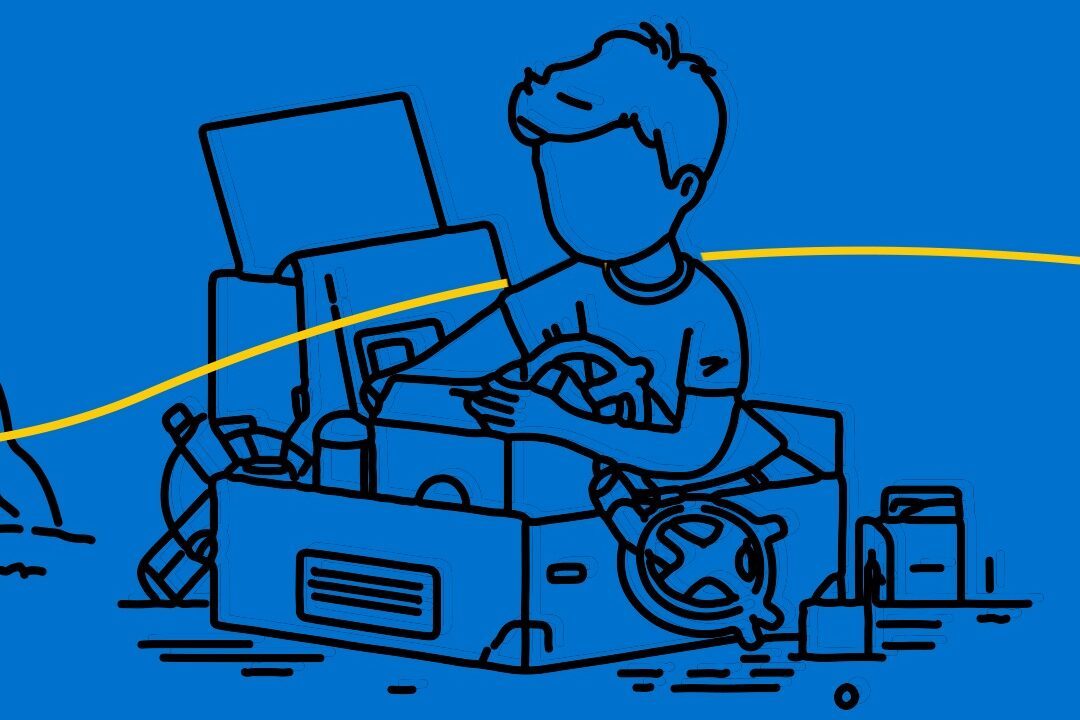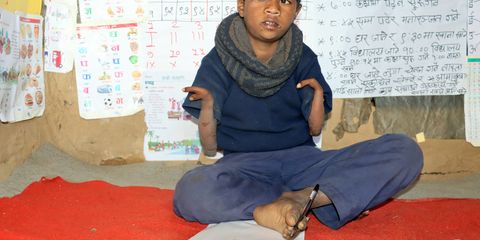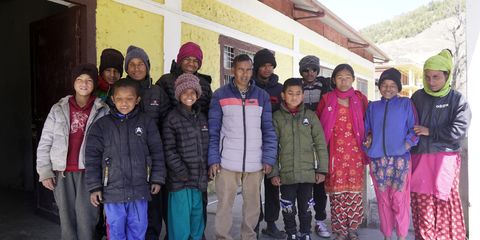Tashi uses digital education resources to solve local problems
Tashi, an enthusiastic learner, found inspiration in new learning environments to innovate and create something remarkable.

“While I was in the process of making it, only a few people believed in me. However, after completing it, most people were amazed by my work.”
Tashi
Embracing innovation in the highest settlement
Tashi is a 14-year-old student in grade 8, who lives in the highest human settlement (4,300 meters) in Nepal’s Karnali province. Tashi’s father serves as a local monk in the community, and their family has 9 members.
In this remote and high-altitude region, education has taken on a new dimension with the introduction of digital learning environments, maker spaces (practical learning hubs where students can put theoretical learning into practice), and e-libraries.
Tashi’s ingenuity sparked when he learned about the possibilities of using digital resources for local problem-solving. He embarked on a journey to create a local grinder using the tools available in the school’s maker space. This device is traditionally used to prepare Tibetan tea by mixing water, Bhote ghee, salt, and Tibetan chiyapatti (tea leaf), among other purposes.
Tashi tells us, “Before, I had no idea about making this device. It was only after I saw the small but essential tools in the maker space that the idea sprouted in my mind. While I was in the process of making it, only a few people believed in me. However, after completing it, most people were amazed by my work.”
Revolutionising education in Dolpa
Tashi’s story is emblematic of the transformation occurring in Dolpa’s education system. Traditionally, the region relied on conventional teaching and learning methods. However, the establishment of maker spaces and e-libraries in schools has ushered in a new era of learning, inspiring both students and teachers to explore innovative techniques and embrace a different approach to education.
Om, a teacher at Tashi’s school, talks about the positive impact of these resources: “For students, especially during the Yarsagumba season, the use of the e-library is very useful in improving themselves.”
Tashi reflects on how technology was once a distant concept for him, particularly in a remote area like Dolpa. He recalls that digital devices, such as walkie-talkies, were unfamiliar, and the scarcity of digital resources limited opportunities for practical learning. However, with the advent of maker spaces and e-libraries, Tashi’s perspective shifted. He and his fellow students now have access to tools and resources that were once out of reach.
Aspiring to innovate and share

Looking ahead, Tashi envisions a future where he and his peers can create more STEAM (science, technology, engineering, arts, and mathematics) related materials and showcase them during school exhibitions. He believes that these experiences will empower students to explore their creativity and develop valuable skills.
He expresses his gratitude to the STEAM Ahead project, saying, “It was a great experience to share my creation of the invented local grinder through STEAM-related materials in the remote area of Dolpa.”
Tashi concludes by extending his thanks to the members of the STEAM Ahead project and expresses his hope for the opportunity to demonstrate his creation at a STEAM-based exhibition or fair. Tashi’s journey reflects the transformative power of innovative education initiatives in even the most remote and challenging environments, offering hope and inspiration to students and communities alike.
Plan International Nepal, in collaboration with the Social Awareness Centre in Dolpa, supports Tashi’s school through the STEAM Ahead project, funded by the European Union. This initiative is implemented across 50 schools in Dolpa.
Categories: Education


